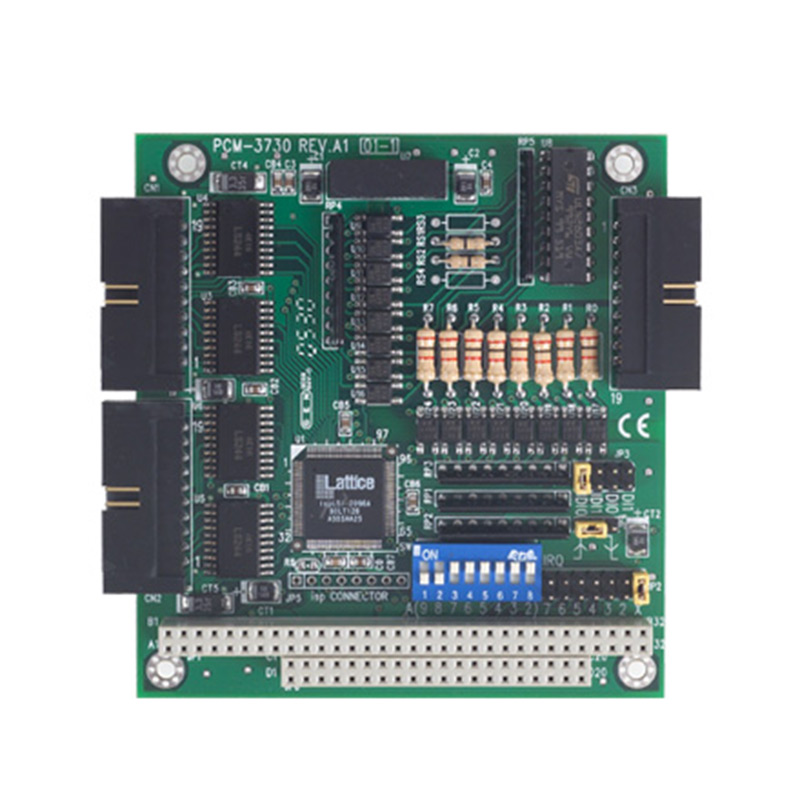

Understanding Reflective Glass Sheets Properties, Uses, and Benefits
Reflective glass sheets have gained significant attention in various industries due to their unique properties and versatile applications. These sheets are coated with a thin layer of metal or other reflective materials, enhancing their capacity to reflect light while maintaining transparency. This article explores the characteristics, uses, and benefits of reflective glass sheets.
Properties of Reflective Glass Sheets
The primary characteristic of reflective glass sheets is their ability to reflect a substantial portion of incident light. This is achieved through a thin coating that can be customized based on the desired level of reflectivity. Typically, reflective glass provides various levels of solar control, reducing glare and heat gain within buildings. Additionally, these sheets can also enhance aesthetic appeal; they offer sleek, modern looks that align with contemporary architectural trends.
Another important property of reflective glass is its thermal insulation capabilities. By reflecting solar radiation, reflective glass sheets can help maintain a more stable indoor temperature, potentially leading to energy savings in heating and cooling systems. The structural integrity of these sheets is also notable, as they are generally manufactured to withstand harsh environmental conditions, ensuring longevity and durability.
Applications of Reflective Glass Sheets
Reflective glass sheets have a diverse range of applications across several sectors. One of the most common uses is in building facades. Architects and builders often choose reflective glass to create striking exteriors that catch the eye while providing privacy and reducing the need for artificial lighting during the day.

In the automotive industry, reflective glass is used in car windows and sunroofs
. This not only enhances the aesthetic look of the vehicle but also improves interior comfort by limiting UV and infrared radiation.In solar energy solutions, reflective glass sheets are utilized in solar panels and concentrators. Their ability to reflect sunlight enhances the efficiency of these energy systems, making harnessing solar energy more effective.
Moreover, reflective glass is often used in interior spaces, such as glass partitions or decorative elements, to create an illusion of space and light. These applications demonstrate the versatility of reflective glass sheets in both exterior and interior design.
Benefits of Using Reflective Glass Sheets
The benefits of using reflective glass sheets are manifold. First and foremost, they enhance energy efficiency, contributing to lower electricity bills and reduced carbon footprints. By minimizing heat gain, reflective glass can lead to a more comfortable indoor environment and less reliance on air conditioning systems.
Additionally, the aesthetic appeal of reflective glass can elevate the overall design of any building or vehicle. The modern, polished look it provides can enhance property values and attract potential buyers or occupants.
In summary, reflective glass sheets are a remarkable blend of functionality and design. Their reflective properties promote energy efficiency, while their versatility ensures relevance across multiple applications. As industries continue to innovate, the demand for reflective glass sheets is likely to increase, making them a key material in sustainable architecture and design for the future.